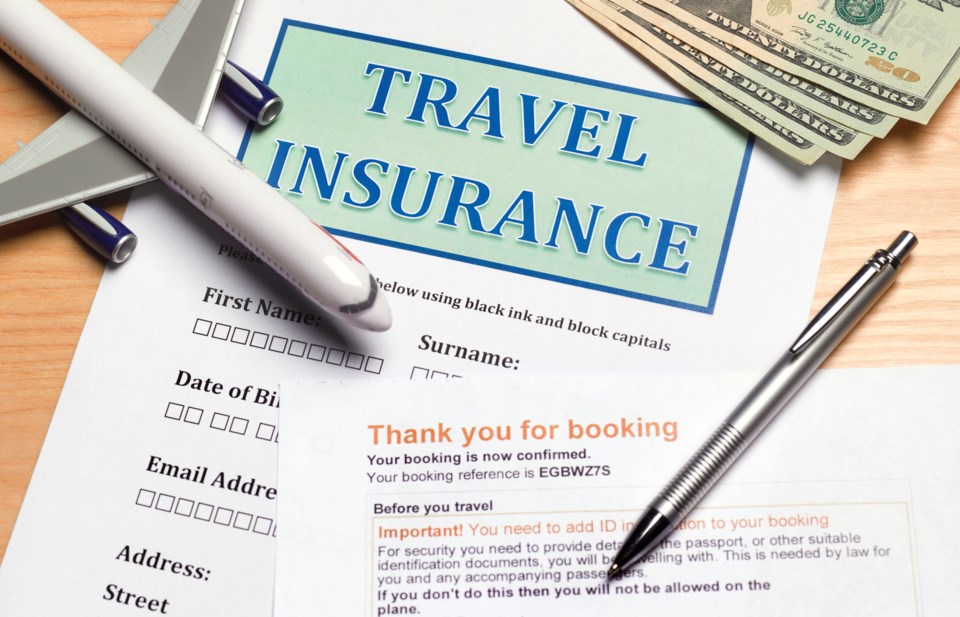With summer break around the corner, many families have added summer vacations to their to-do lists.
Given everything that the world has gone through in the past few years, travelling and visiting new regions can still make people anxious.
For many, booking a trip in 2022 can feel nerve-racking because it's hard to tell when unusual events such as a pandemic, war or severe weather will impact your intended destination.
Travel insurance can give consumers peace of mind by protecting their trip against potential cancelled flights or changed itineraries, as well as health and medical needs.
Make sure your travel insurance covers what you think it does and avoid having your claims with insurance rejected because of small print you didn't read or understand.
To help you choose the right travel insurance, BBB has prepared the following tips:
-
What to expect from your coverage and the different types of coverage available. While all travel insurance plans are different, all policies should cover certain primary risks up to a specified level. The key types of coverage you are likely to see in your travel insurance plan are: - Trip cancellation or delay; - Damage to personal items or loss of luggage; - Emergency medical assistance; - Personal liability coverage
-
Understand what are provided under your coverage. Find out what coverage you already have on your existing insurance policies by contacting your insurance providers. Understand the difference between natural disasters and epidemics, and read the language in the coverage policy with caution. Find out if you are covered in case of illness or theft, and if that coverage changes when travelling internationally. This is especially important if you or those you travel with have health issues.
-
Check with your credit card company to see what they offer. If you use a credit card to book your travel, typically, there is additional protection for those purchases. So contact your financial institution first to find out what type of coverage is included. You may also have the option of purchasing travel insurance through your credit card company.
-
Decide whether you need additional coverage. Once you understand what coverage is offered through your current policies and credit card companies, determine what additional coverage you may need. Are you covered in case of medical emergencies on your trip? What happens if you have to cancel? Will you be compensated for travel or baggage delays? Consider how much you are spending on the trip, and if you are prepared to take on additional financial burdens if something goes wrong.
-
Ensure you understand every detail of the agreement, including the reasons for trip cancellation or delay. Some travel insurance policies will not cover trip cancellation for health scares, terrorist attacks, pandemics, or bad weather. Make sure you read the policy thoroughly and don't be afraid to ask questions.
-
The difference between trip cancellation insurance and a cancellation waiver. Before buying travel insurance, know the difference between insurance and a cancellation waiver. Although waivers do provide some trip cancellation protection, in many cases they include more restrictions.
-
Always do your research. Before making your final decision, always research the company at BBB.org. Review their business profile rating, and check for complaints and customer reviews.
Visit BBB's Travel Resources for more information on trip planning, how to avoid travel scams and more.





